Vietnam and China Deepen Party and Government Relations
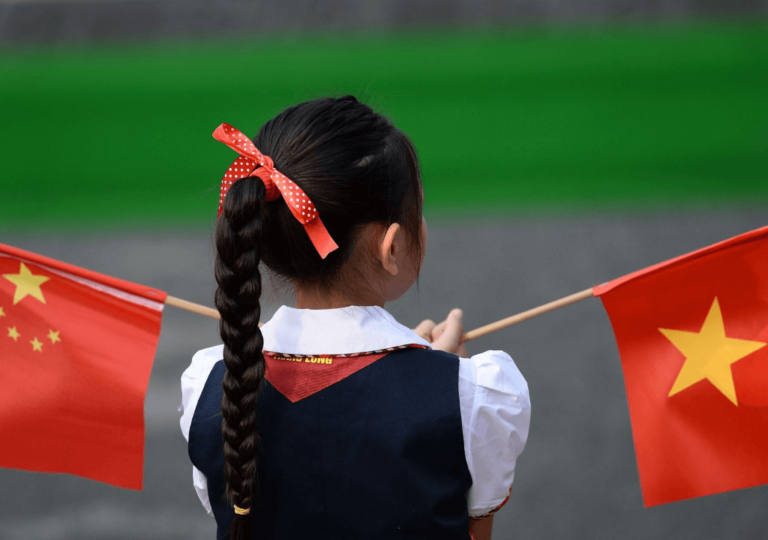
China and Vietnam are strengthening ties, with Vietnam's new leader prioritizing relations during his recent visit to China

China and Vietnam are strengthening ties, with Vietnam's new leader prioritizing relations during his recent visit to China
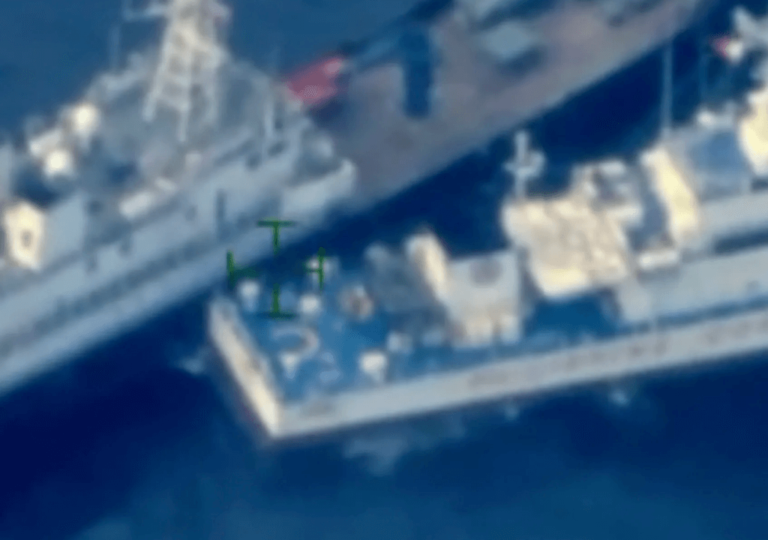
China and the Philippines clashed again in the South China Sea, with vessels colliding near the disputed Sabina Shoal
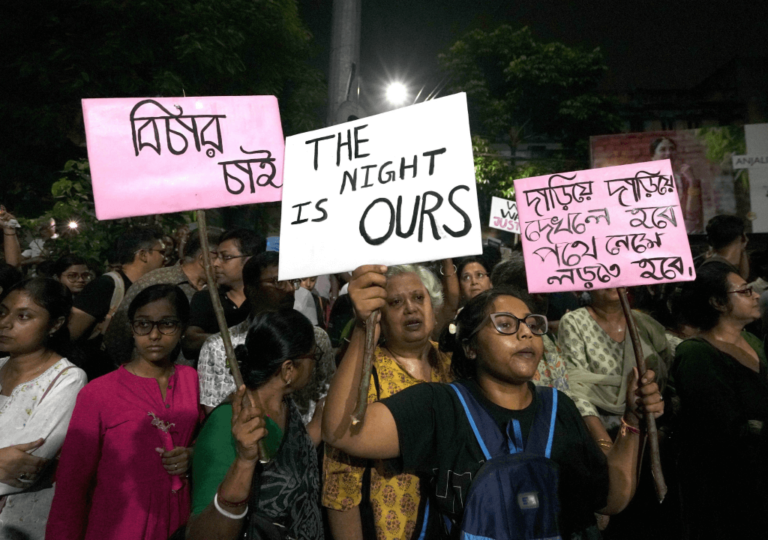
Protests in West Bengal intensify after the brutal rape and murder of a junior doctor, putting pressure on Mamata Banerjee's AITC-led state government.

Thailand appoints Paetongtarn Shinawatra, 37, as its youngest and second female prime minister amid political turmoil
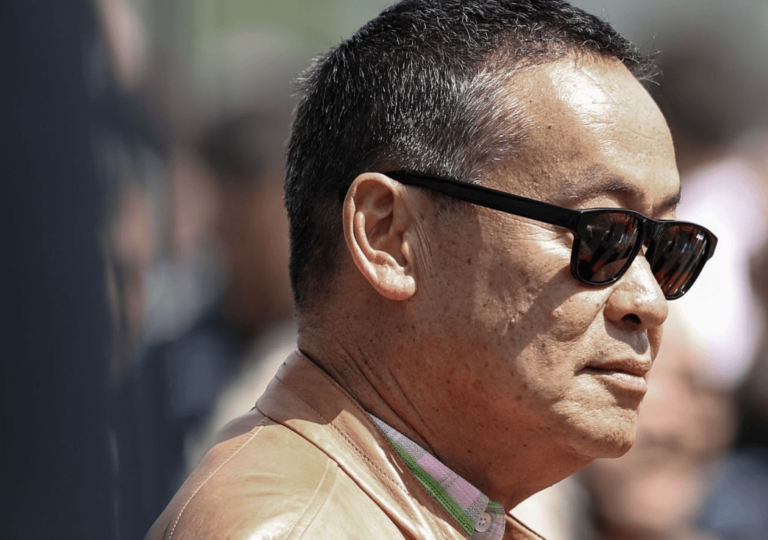
Thailand's political drama intensifies as PM Srettha Thavisin is ousted, prompting urgent leadership changes
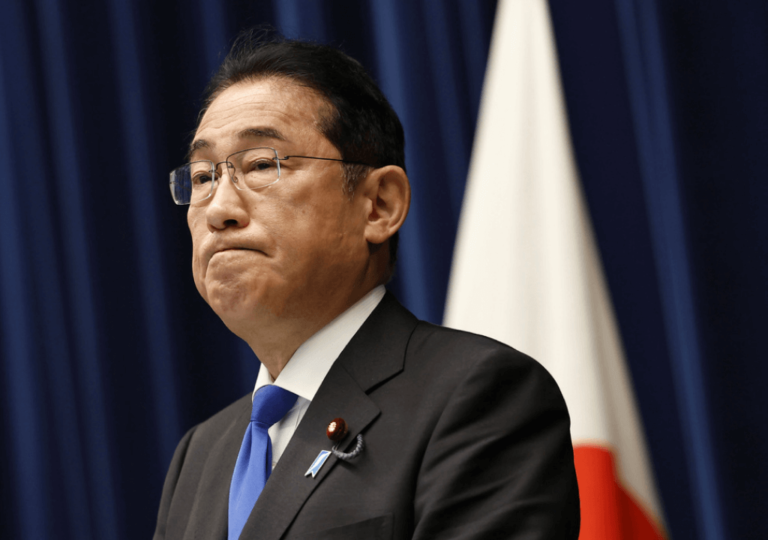
Japan's PM Kishida resigns amid scandals, paving way for new leadership
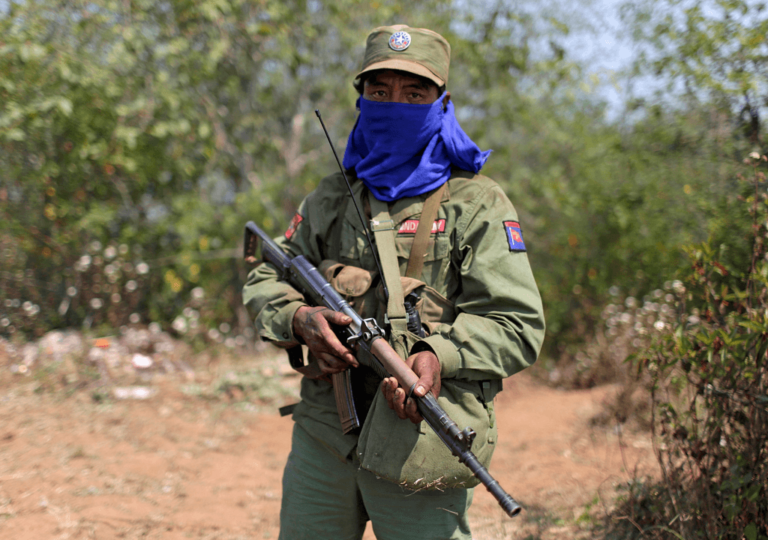
The civil war in Myanmar escalates as ethnic armies gain ground against the junta
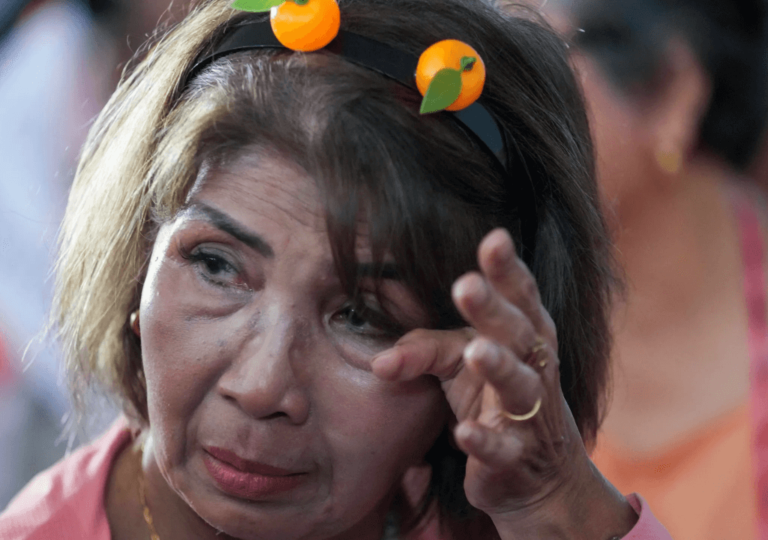
Thailand's court dissolves the Move Forward Party, blocking youth-led reforms
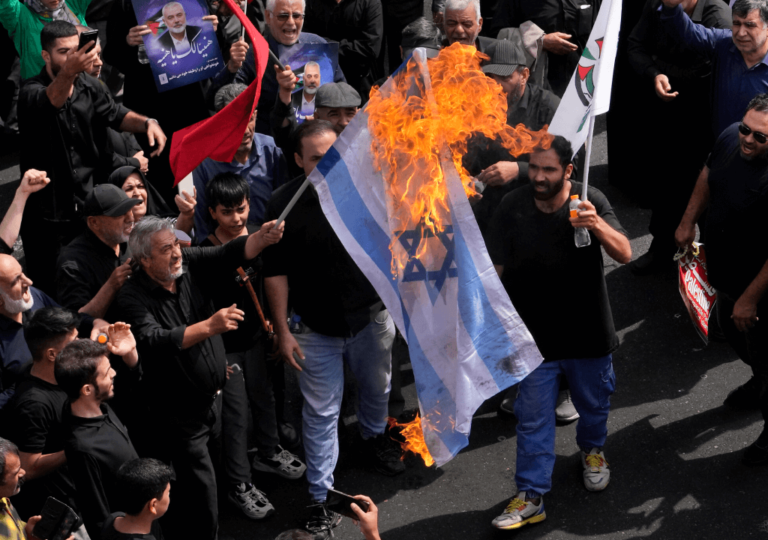
Iran feels humiliated after Israel's assassination of Hamas leader Haniyeh in Tehran
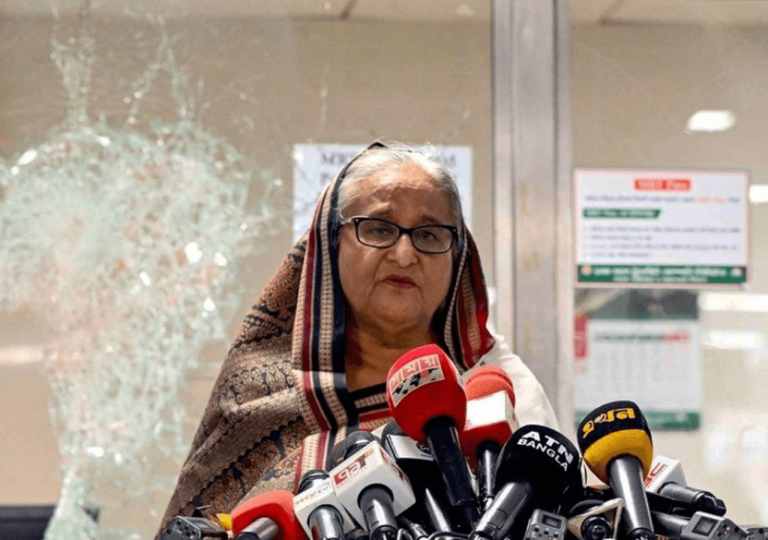
Sheikh Hasina resigns amid protests, marking a pivotal moment in Bangladesh's history